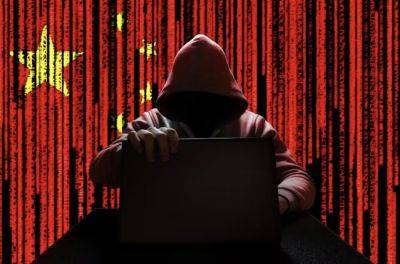Cyberattack on UnitedHealth firm forces doctors to dig into personal savings to stay afloat
On a Sunday in early March, Dr. Angeli Maun Akey noticed something peculiar while making payroll for her private practice in Gainesville, Florida: She was missing $19,000.
Akey owns and operates a primary care practice that serves around 3,500 patients in the area, many of whom suffer from chronic diseases. She opened in 2000 and manages a staff of nearly 20 people. Over the last two decades, Akey said, her practice and patients have been like an extension of her family.
"There's no better life," she told CNBC in an interview.
When Akey first noticed the discrepancy in her cash flow, she thought the funds had been embezzled, something she said she's experienced three times since graduating from medical school. But after searching online, Akey realized she had a much bigger problem.
The health-care technology company Change Healthcare had been breached in a cyberattack.
Change Healthcare offers payment and revenue cycle management tools, and other solutions such as electronic prescription software. On Feb. 21, UnitedHealth Group, which owns Change Healthcare, discovered that hackers compromised part of the unit's information technology systems.
UnitedHealth said in a filing with the U.S. Securities and Exchange Commission that it isolated and disconnected the impacted systems "immediately upon detection" of the threat. In its first-quarter earnings report in April, UnitedHealth said the total cost of the cyberattack could be as much as $1.6 billion for the full year. The company's stock is down nearly 8% year to date.
The disruption has caused severe fallout across the U.S. health-care system, as many doctors such asAkey were temporarily left without a way to get paid for their services.
Akey said the outages from the







